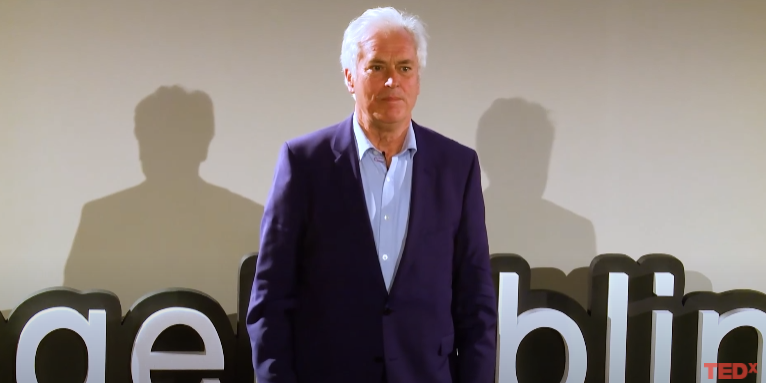
Q&A With Dr. Dan Krawczyk
Center for BrainHealth
Share this article

Daniel Krawczyk, PhD
Deputy Director of Research Debbie and Jim Francis Chair and Professor, School of Behavioral and Brain Sciences
Related Information

Distraction During Relational Reasoning: The Role of Prefrontal Cortex in Interference Control
Comparing the reasoning performance of frontotemporal lobar degeneration to healthy controls, this study shows the importance of the prefrontal cortex (PFC) in managing distracting information.

Flex Your Cortex: 7 Secrets to Turbocharge Your Brain
In under 10-minutes, Dr. Sandra Chapman will share habits that you can start today to attain better brain health and mental energy.
